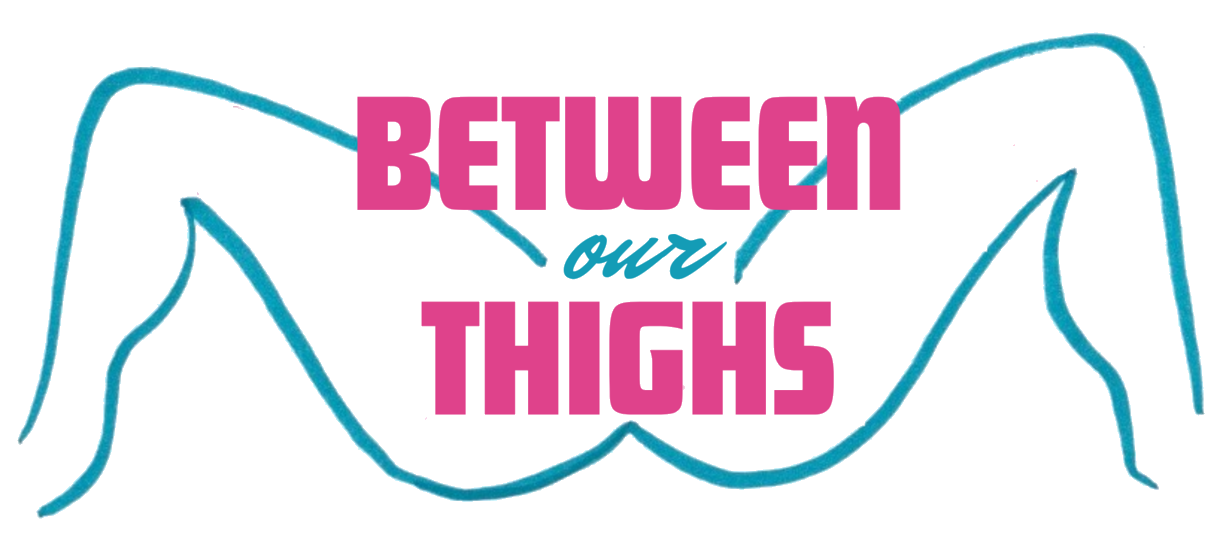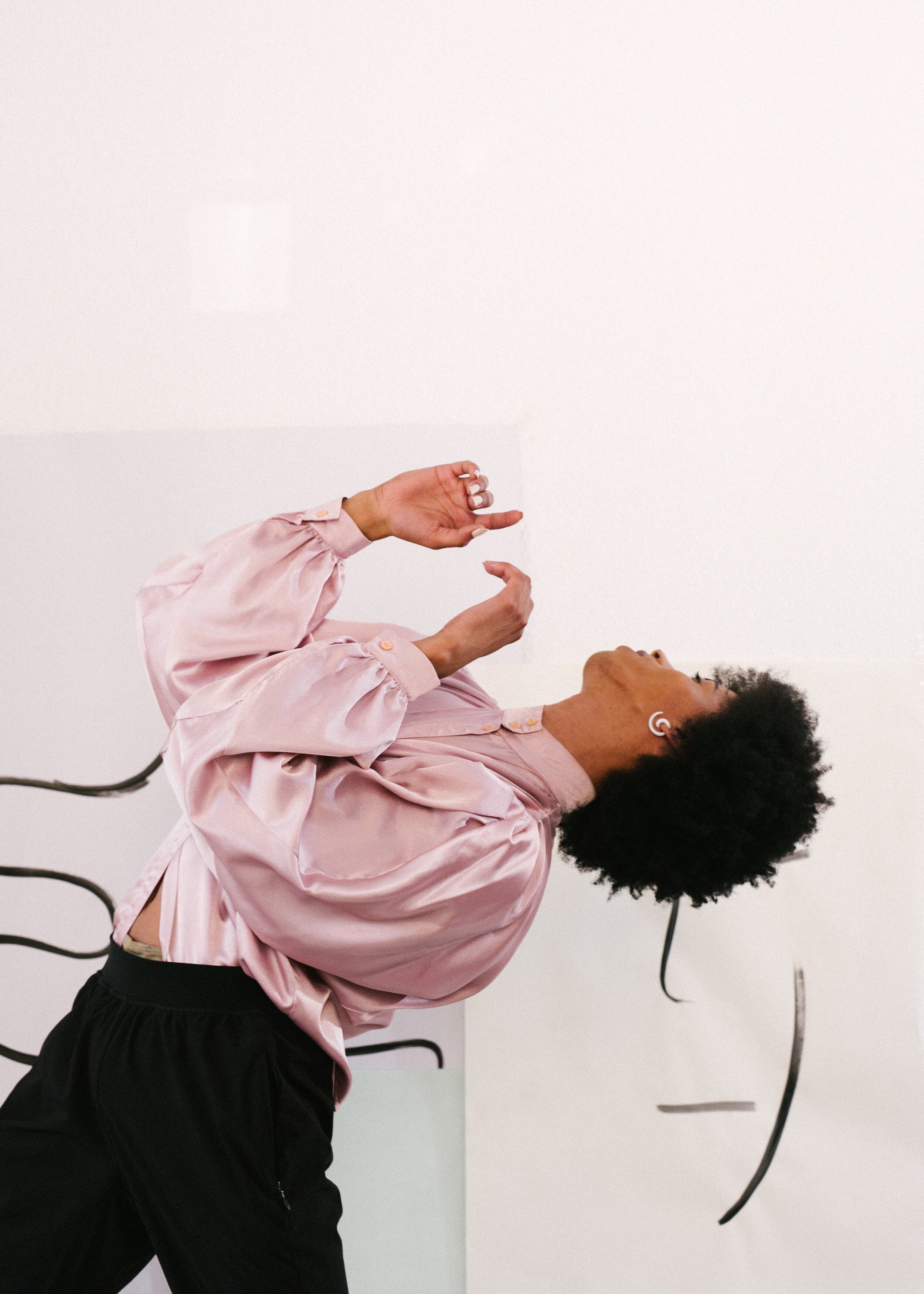Becoming an LGBTQ+ Ally: How to Do It and Why It’s Crucial
So, you want to become a (better) LGBTQ+ ally. Perfect! We’re super happy to hear that.
Are you ready to go beyond performative allyship to instead stand in solidarity in a genuinely helpful way?
From applying your newfound knowledge of how to be an LGBTQ+ ally at work, at school, or in your everyday interactions, we hope that this article will help you better understand how to be a better queer ally, as well as why each point is so important.
Confront your own biases
Why it’s important: Often, prejudice experienced against others — whether its homophobia, racism, sexism, and other areas of discrimination — is rooted in one’s biases. By leaving these prejudices unchecked, it’s possible to continue believing one or more groups of people are less deserving than others. Failure to do so will result in a tendency to fall back on these false beliefs, swaying the believer’s actions, words, and how they assess a situation of injustice.
How to do it: Start by confronting your own biases. Ask yourself, “Why do I believe XYZ about the queer community?” If it’s specifically about certain groups within the community (for example, trans or two-spirited folx), reflect on why you have negative connotations associated with this group. Then, work to undo this mentality.
Confront these biases by reading LGBTQ+ literature, watching some of the hottest sex scenes in cinematic history, or simply going for a drink at a locally queer-owned bar.
Be aware of the language you use
Why it’s important: The saying about sticks and stones is untrue, as it’s very often words that incite responsive action. When harmful and derogatory comments are made to target and discriminate against the queer community, there can be immense negative repercussions. From driving couples to keep their relationship a secret out of fear of coming out, conceding to attacks of innocent people walking down the street, or even quoting religious text out of context to victimize others, these are all rooted in intolerant language that has been made manifest.
How to do it: For starters, keep in mind that discriminating people based on their sexual orientation, as well as slut-shaming, goes against sex-positivism. While outright discriminatory words directed at a member of the queer community are wrong, becoming an LGBTQ+ ally means not using flippant phrases like “that’s so gay” to describe a situation you don’t like. Seriously, stop associating LGBTQ+ folx with negative things.
Ask questions and do your own research
Why it’s important: It’s not up to anyone but you to make yourself a more educated, inclusive person. As with any marginalized group, you should not turn to the queer community to ask them to explain why it is that they don’t deserve discrimination. Does anyone ask a cis-gendered straight person why they deserve their rights? When you look at it this way, you can see how silly it is.
How to do it: There are so many incredible resources both online and in print that you can refer to (such as this guide to becoming a straight ally), that will answer your questions and help you become more aware of the struggles the LGBTQ+ community is facing. Instead of asking your lesbian co-worker to answer your question, who you never talked to before today, do a quick internet search and find answers from members of the community. Next time you’re considering running a “quick question” about sexual attraction to a bisexual friend of a friend you just met at a party, go to the library and find a book on the topic instead. These writers were already willing to discuss the topic.
Learn about different genders and sexualities
Why it’s important: Yes, there are male and female genders and, yes, many males have penises and are male-presenting, while many females have vaginas and are female-presenting. But this isn’t always the case. As well, some individuals identify as neither male nor female, diverging from this binary gendering completely. It’s up to you to research and learn more about the different genders and sexualities; some of the best sex blogs on the internet are a great place to start!
How to do it: Those who are serious about taking an ally pledge will do the work to be as informed as possible. Regardless of a person’s gender or sexual orientation, you must remember that consent is essential. When pursuing a partner, regardless of who that person is or how they identify, everyone involved must give an enthusiastic “yes”!
Don’t assume people’s gender or sexual orientation
Why it’s important: Just because a person presents a certain way — for example, looks like a ‘feminine’ woman or a ‘masculine’ man — does not mean that they both identify as their perceived gender and are straight. They might be neither. Failure to have an open mind can push people to lose confidence in the way they present and is telling them that they must appear a certain way for their gender or sexual orientation to be considered valid.
How to do it: This one is super simple. If people want to tell you their gender identity or sexual orientation, they’ll let you know. In the meantime, don’t make assumptions.
Use someone’s appropriate pronouns
Why it’s important: Using a person’s proper pronouns — the pronouns that they have requested that you use when speaking to or about them — creates an inclusive and safe space for people to be themselves. It shows that you respect both their self-identity and them as an individual. Whether it’s a family member, friend, colleague, or new acquaintance, using someone’s correct pronouns indicates respect for them and allows them not to feel like they are being intentionally alienated.
How to do it: Whatever someone tells you to call them, use those pronouns, even if it’s one that you are unfamiliar with. While there are times where there are ‘slip-ups,’ apologize and correct yourself before moving on. Don’t make the person feel guilty for your mistake or for your difficulty recalling their preferred pronouns when conversing with or referring to them. It’s not their fault, and you’ll get used to it with repetition, awareness, and effort.
Attend local Pride festivities
Why it’s important: Pride festivities, including the famous Pride parades, occur worldwide, typically around June. These are crucial to commemorate the modern-day LGBTQ2S+ movements, incited by 1969’s Stonewall Riots in New York City. To this day, Pride is an incredible way for queer folx and their allies to come together to celebrate equality, love, justice, and fully embraced individuality within the community. While there is still a long way to go, it's important to celebrate the success that has been had along the way.
How to do it: Check out your city or town’s Pride festivities and show your support to the folx in your community! Remember: you don’t have to be a member of the LGBTQ+ community to celebrate equality and to be excited that things are slowly changing for the better. This is also an excellent opportunity to check out queer-owned businesses (you can find an index of these through the Pink Pages Directory), from places to shop to new favourite spots to grab a bite to eat.
Listen to the community
Why it’s important: Folx in the community are not just telling the world what they need — they’re declaring it. Just as it is your responsibility to educate yourself on different genders, sexualities, pronouns, and so forth, it’s also vital that you turn to the LGBTQ2S+ community to see how you can help them as an ally. Don’t just assume from your point of privilege, as you likely will get it wrong or not have the full picture of what you can help with.
How to do it: Once you have a clearer idea of how you can help, you can start making steps towards achieving your goals (even if they’re initially just in small ways). Whether it’s finding ways to support equal love and mental health, signing petitions, writing letters to local politicians — whatever the community says it needs! — you can help to make a huge difference.
Call out homophobic behaviour when you see it
Why it’s important: While checking oneself and avoiding using troublesome language or acting in a problematic way is a great starting point, it’s also important to ensure that others are not behaving in a toxic way towards the queer community. Remaining idly on the sidelines as a bystander can be just as bad as participating in the behaviour itself, as it shows that you find it acceptable and not worth putting an end to.
How to do it: Learn how to be an LGBTQ+ ally at work, while spending time with family and friends, and even when overhearing or seeing something problematic from a stranger — and then implement this positive change! Call people out on their problematic words and behaviours. However, please keep in mind that you should never put yourself in a situation that can bring you physical harm. If a threat like this presents itself, call the police.
If (and only if) you can, donate to a reputable cause
Why it’s important: As with many marginalized groups, the LGBTQ2S+ community experiences hardships that more represented groups do not have to worry about due to more substantial funding for assistance and prevention. By donating to a local charity, you can help queer folx in your area fight homelessness, support youth programs and camps, treat or avoid sexually transmitted infections, and other crucial contributions. These initiatives are made possible only through financial and voluntary assistance.
How to do it: Consider picking a charity or non-profit that most aligns with a cause (or causes) that you feel are important to you. For starters, AIDS Committee of Toronto (ACT), Rainbow Camp, Lesbian Gay Bi Trans Youth Line, Canadian Centre for Gender & Sexual Diversity, and PFLAG are all incredible organizations to look into. Of course, there are countless others you can contribute to either financially or with volunteer hours.
Becoming an LGBTQ+ ally is simple, really. However, while attending a Pride event and feeling uncomfortable when you hear homophobic language (or see homophobic behaviour) is a good start, it's not the be-all and end-all. Now that you know what’s inappropriate, speak up. Now that you know how to be an LGBTQ+ ally at work or school, act accordingly. Now that you know what you should and should not do to prevent hateful or misguided thoughts, words, and behaviour, implement it.
While centuries of systemic homophobia won’t change overnight, a single person can help change the world when part of a collective of like minds.
Is becoming an LGBTQ+ ally important to you? Have you taken the ally pledge? Let us know your thoughts in the comments below.






